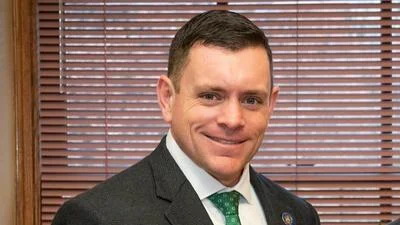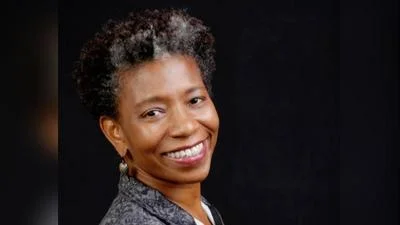River Country Chamber of Commerce issued the following announcement on August 4.
Milwaukee County’s Behavioral Health Division (BHD) has received more than $6 million in state and federal grants over the past 10 months to expand mental health services.
Notably, the funding will support programs that increase accessibility to mental health services within Milwaukee communities. And during COVID-19 pandemic, the demand for these services has increased. “We all know that folks are experiencing heightened stressors due to the compounding crisis that is facing our nation,” said County Executive David Crowley during a press briefing Tuesday.
“As we work to address the systematic racial and health disparities in our community, it is critical that we transform our service delivery model and provide more accessible points of entry for our mental healthcare in our community,” Crowley said.
Dr. Ben Weston, director of medical services for the county, said the impacts of COVID-19 have been “further reaching than infectious disease.” He noted that emergency service calls for mental health, drug overdoses and suicide attempts have gone up significantly during the pandemic.
One of the county’s key programs, Wraparound Milwaukee, received a $1.2 million grant to operate a youth crisis stabilization facility at the Bakari Center, 4777 N. 32nd St., in partnership with Wisconsin Community Services.
The facility will provide up to six beds for Milwaukee boys between the ages of 13 to 17 that need mental health care over short-term visits. The Bakari Center will be able to provide more than 400 short-term visits a year for Milwaukee youth, according to a press release from BHD.
Approximately $4 million was awarded to BHD for an outpatient treatment program for adults with severe mental illness that have been frequently committed involuntarily for inpatient mental health services. The funding, spread out over four years, will pay for BHD to hire a psychiatrist, mental health clinician, a registered nurse, co-occurring disorder specialist, peer specialist and program assistant for his outpatient program.
Along with the grants, in October 2019, BHD received a $1.2 million grant from the Department of Justice to develop a program to reduce overdose deaths and boost addiction services at the House of Correction (HOC).
One of these addiction treatment programs is Medically Assisted Treatment for individuals in custody. Along with behavioral therapy, incarcerated individuals get access to medications like Methadone before they are released from custody.
Original source here.






 Alerts Sign-up
Alerts Sign-up